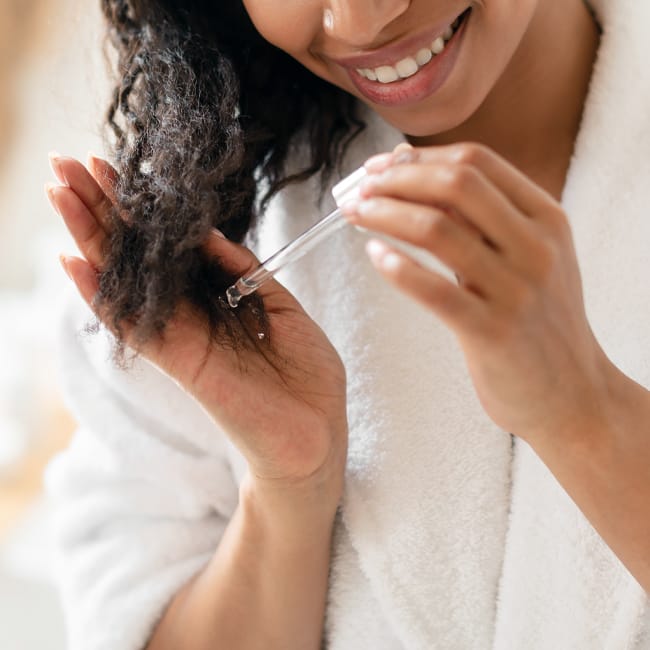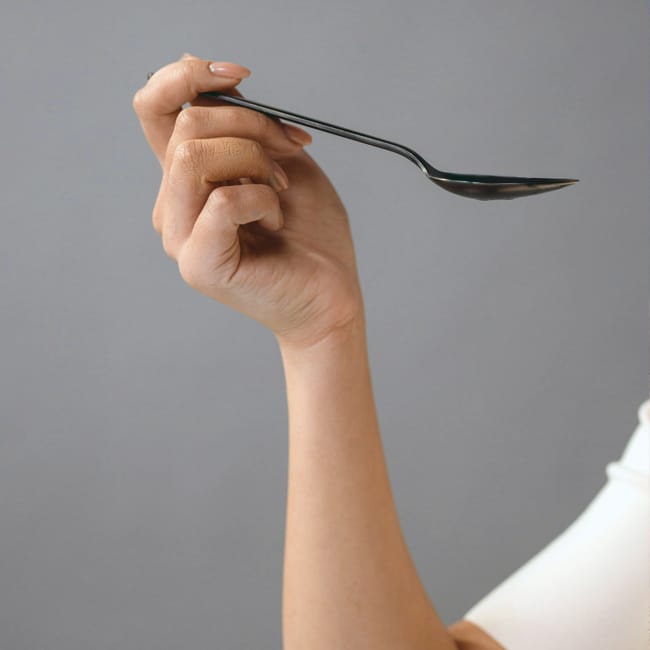This is an archived article and the information in the story may be outdated. Please check the time stamp on the story to see when it was updated last.
There are a lot of factors that can cause thinning hair, but experts say that your diet might be the biggest contributor. That’s because most hair loss sufferers aren’t getting the vital vitamins, nutrients, and minerals needed to promote growth and strength. If you suspect that your thinning hair is the result of a vitamin or mineral deficiency, dermatologists and hair care experts suggest incorporating a supplement into your routine to help counteract hair loss. Here are four that come recommended from some of the industry’s best:
**Talk to your doctor before adding any of these supplements into your hair care regimen!**


A Multi-Vitamin
If your overall diet is lacking in several key nutrients, it’s going to show in your appearance — and sooner in your hair, skin, and nails health. Incorporating a quality multivitamin into your routine is the first step toward restoring the balance of vitamins and minerals in your system.

Biotin
Biotin is a B-complex vitamin that is always associated with hair growth. The purpose of biotin is to help your body get energy and nutrients from the protein, fat, and carbs you eat so if you’re not following a well-balanced diet, this supplement won’t help much. The general daily recommended dosage of biotin is 2,500 mcg.

Fish Oil
You already know how beneficial omega-3 fatty acids are for your body and health. But a few studies have found that the nutrient you can get from fish oil is also nourishing to the scalp and can help with hair regrowth.

Zinc
A zinc deficiency is one of the most common among those with thinning strands. But you have to be careful with it. Too little zinc can cause hair loss — but too much zinc can also cause hair loss because it disrupts the absorption of key minerals like magnesium and iron (which is also important for hair growth). But just enough zinc can keep your hair follicles strong and healthy.


























